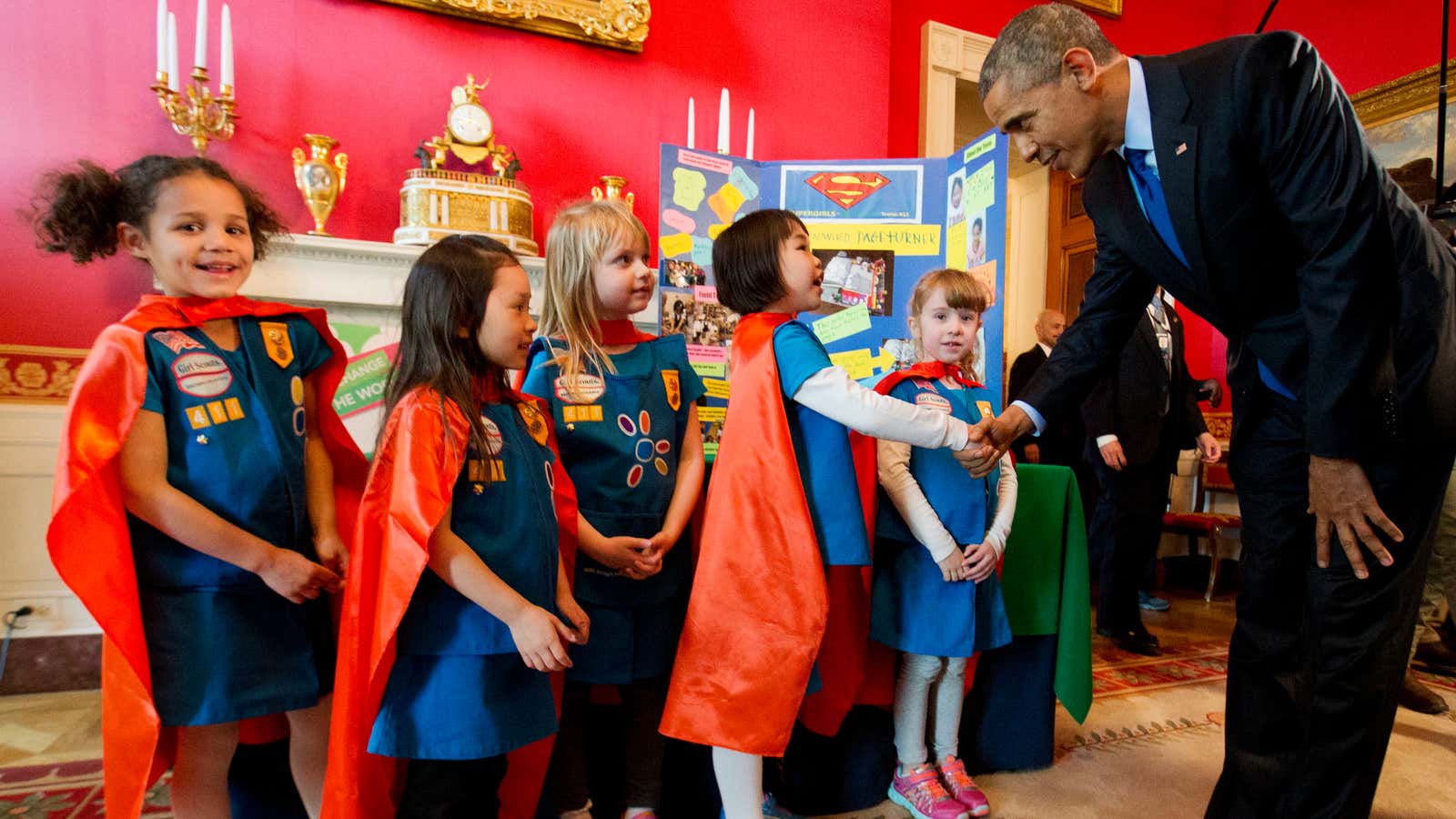Parents of talented children often go to great lengths to ensure that their budding concert violinist or champion skier reaches full potential. But are there specific efforts parents make that help drive their children’s success?
Researchers at the University of Nebraska-Lincoln interviewed the parents of 24 children with national or international ranking in a number of areas including music, chess, figure skating, baton twirling, and volleyball, to find out what these parents have done to boost their children’s success. The authors note that this was a relatively homogenous sample of mostly white, midde- to upper-middle class Americans. Their findings are published in the journal Roeper Review.
Before committing themselves and their children to long hours of daily practice and little free time, some parents in the study shared an important initial step to getting their children started: allowing the child to fall in love with the activity, often at an early age.
Consider hobbies or skills that your family already values
In many cases the activities children excelled at were important to parents, either as hobbies or even professionally. Parents were often the kid’s first coach, but this doesn’t mean that they forced the child to learn the skill as a scheduled extra-curricular or cultivated their competitive dreams early. Rather, some children first encountered their future passions as part of a fun family activity.
For example, a cello player’s parent said the house was always filled with music, from the Beatles to classical, which made playing an instrument a natural progression.
One ice skater’s parent said, “I sent [my son] out for skating lessons because we all went skating as a family, and he wanted to skate like we did.”
Choose something that aligns with your child’s natural interests
Other parents watched out for signs of interest from a young age. One father said he saw his son watch two men play chess on a huge cruise ship chess board, and then try to move the pieces on his own. After that, he enrolled his son in chess lessons.
The spelling bee champion ”had an interest in word origins and foreign languages and would carry a notebook with her at all times to write down interesting words,” the authors note, so her mother looked into spelling bees.
An ice skater’s parent said, “Our daughter had a special awareness of the body and was gifted in terms of movement. She walked at an early age, etc., so we gave her opportunities to try out her gifts.”
Let your child fall in love with the activity
Once the child has been introduced and likes the sport or skill, the parents pay attention for signs of passion and excellence. A baton-twirling coach took her 4-year-old daughter to a camp where she was teaching,
“She saw me teaching baton, and I took her with me to a baton camp in the summer when she was 4. She started to find an interest in twirling and was playing with her own baton and copying a lot of the tricks. When she started to get them at age 4, I knew she had skill.”
Another parent made sure to find a teacher who would allow her son to experiment with sounds and notes on the cello when he was first learning. “I thought, I want my son to be able to explore. Even though he had to learn technique, I didn’t want that creative part of him stifled.”




